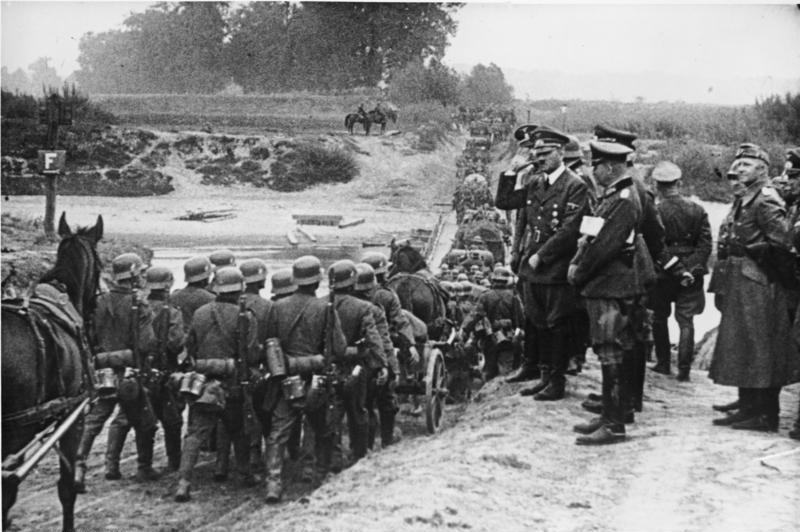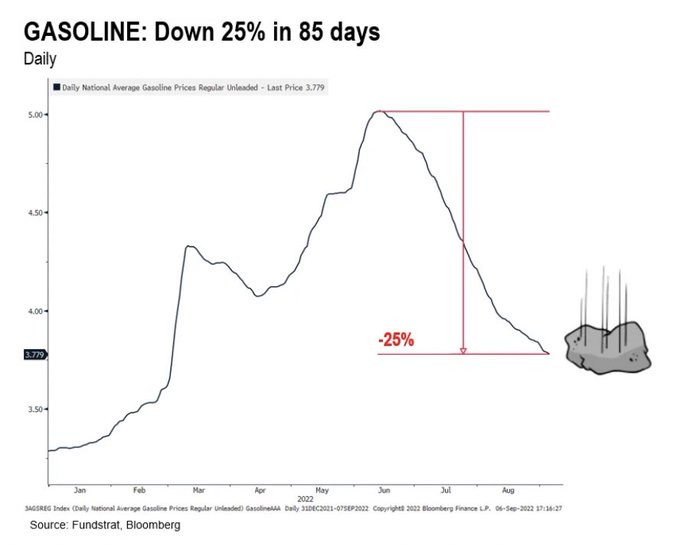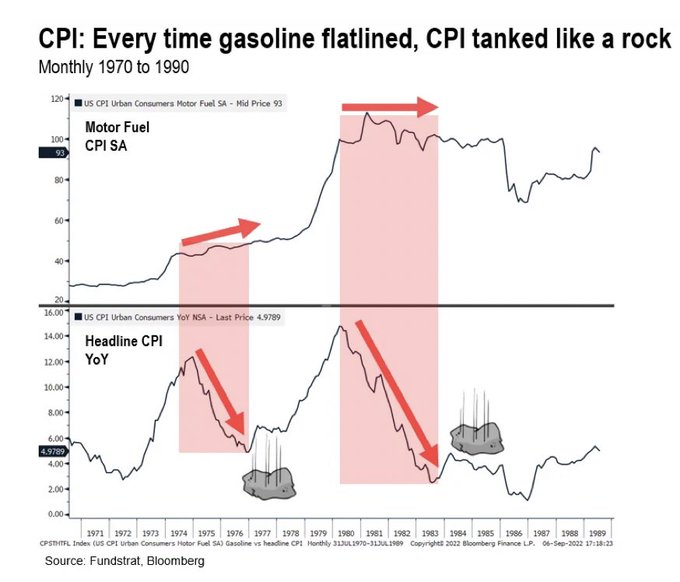AVOIDING A CRASH
Federal Reserve chief Jerome Powell, with his Aug. 26 Jackson Hole speech, ditched his optimism that policymakers can engineer a soft landing for the U.S. economy, skirting recession. The new goal: avoiding a major crash.
Powell signaled that the Fed will keep policy tighter for longer, grounding the economy to avoid turning the current inflation outbreak into a chronic 1970s-style disaster.
LABOR
The U.S. economy, it seems, is nearly out of running room. The supply of labor appears tapped out, with the jobless rate near a half-century low and job openings outnumbering unemployed workers by more than 5 million. The housing shortage, meanwhile, is causing a cost crunch for families. It's also likely exacerbating worker shortages by making it harder for people to move.
The August jobs report on Friday showed that hiring remains much too strong for the Fed's comfort. The 16-19 age group saw labor force participation rise by 331,000, adjusted for seasonal factors. On an unadjusted basis, participation fell by a half million. Teens may have just been keeping summer jobs a few extra weeks.
Labor force participation has largely recovered among those under age 65. It's not clear where the extra workers will come from, and it may take high wages to draw them into the labor market. That won't fly with the Fed.
RECESSION NEEDED
Soft landing is "pretty close to impossible to my way of thinking," Peter Hooper, global head of economic research at Deutsche Bank, told IBD.
"To get inflation back down, you're going to need to see a substantial slowing of labor cost inflation."
The problem: Hooper and his colleagues estimate that the natural or noninflationary rate of unemployment "is now somewhat above 5%."
That's well above the 4% unemployment rate that the Fed has long assumed to be inflation-neutral. It's even further above the current 3.5% rate.
EMERGENCY LANDING
With the labor market "clearly out of balance," as Powell put it on Aug. 26, the Fed needs to engineer an emergency landing, even if that means a recession.The message of his Jackson Hole speech is that the U.S. economy will likely need to stay grounded for a while.



